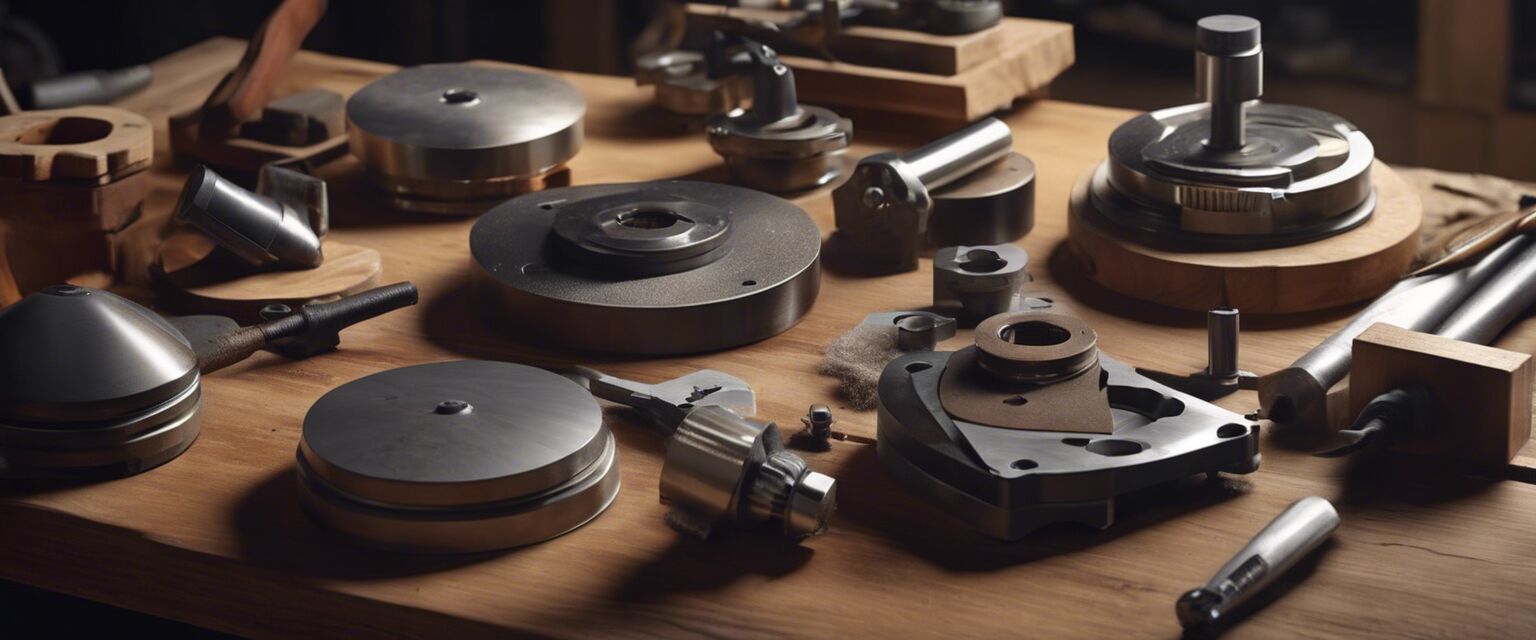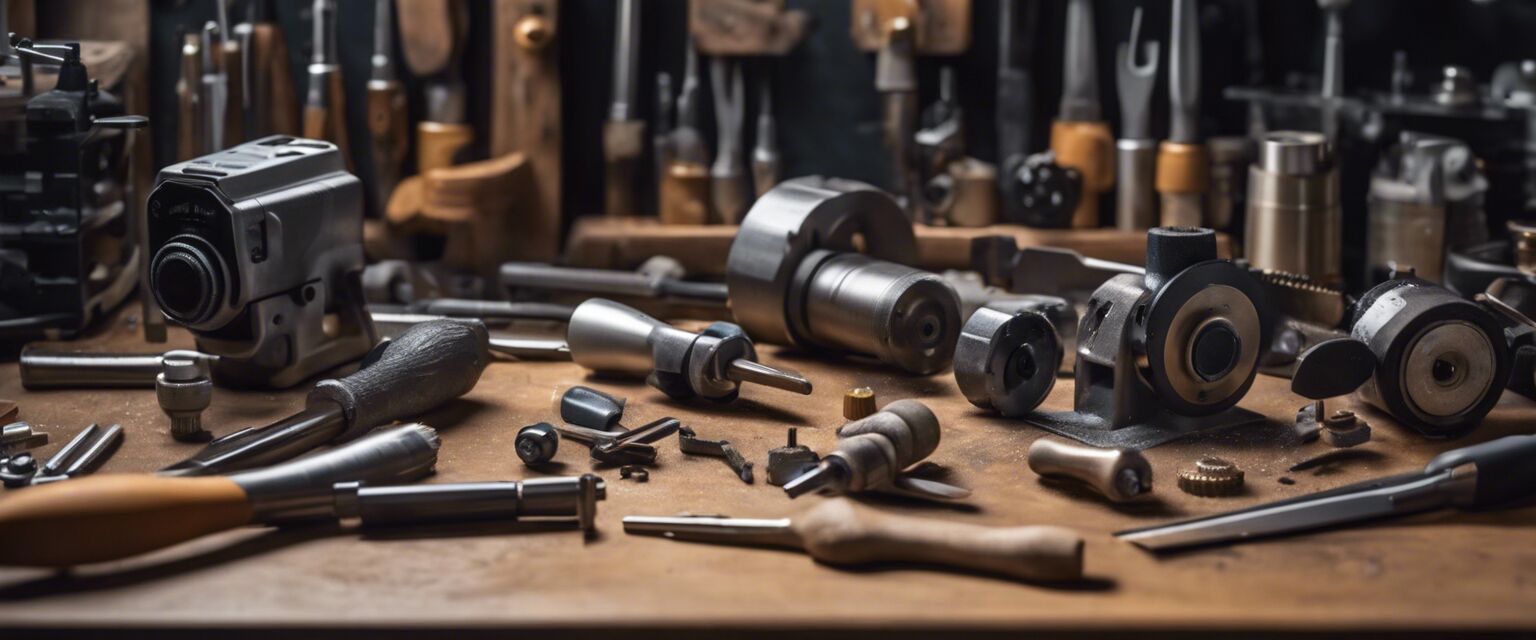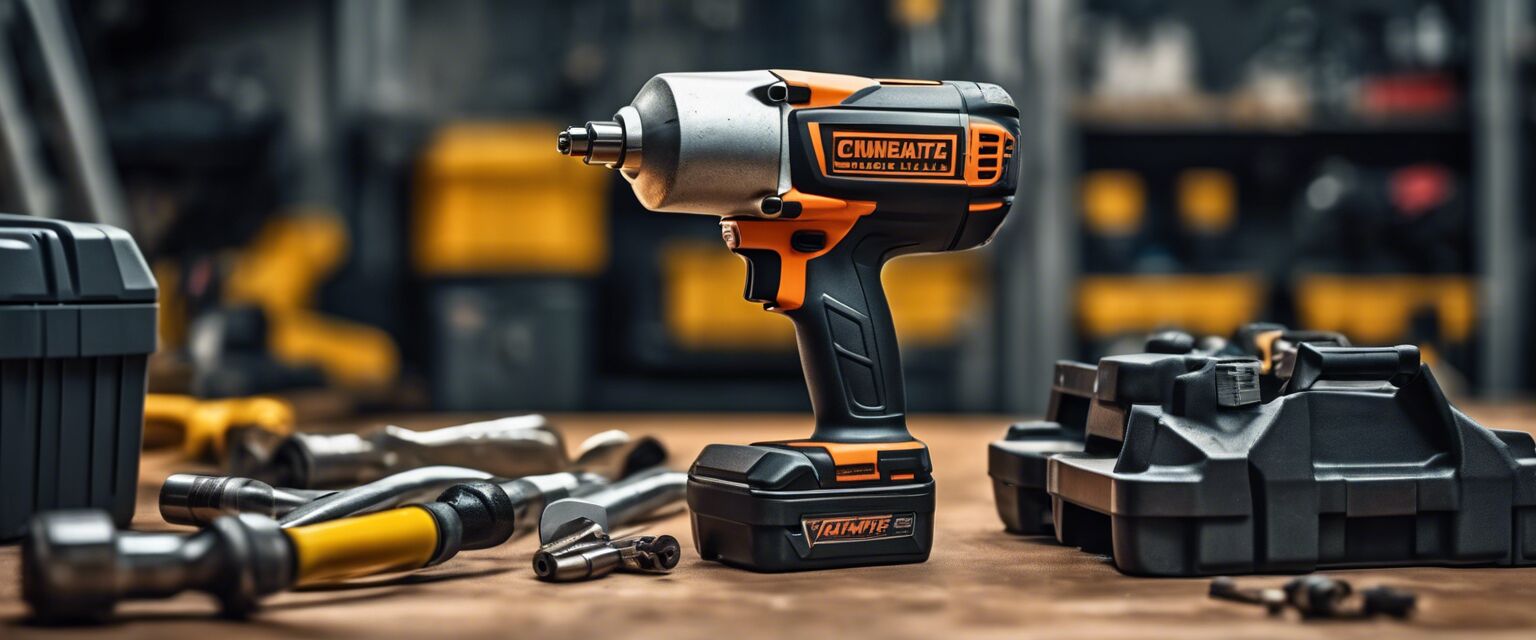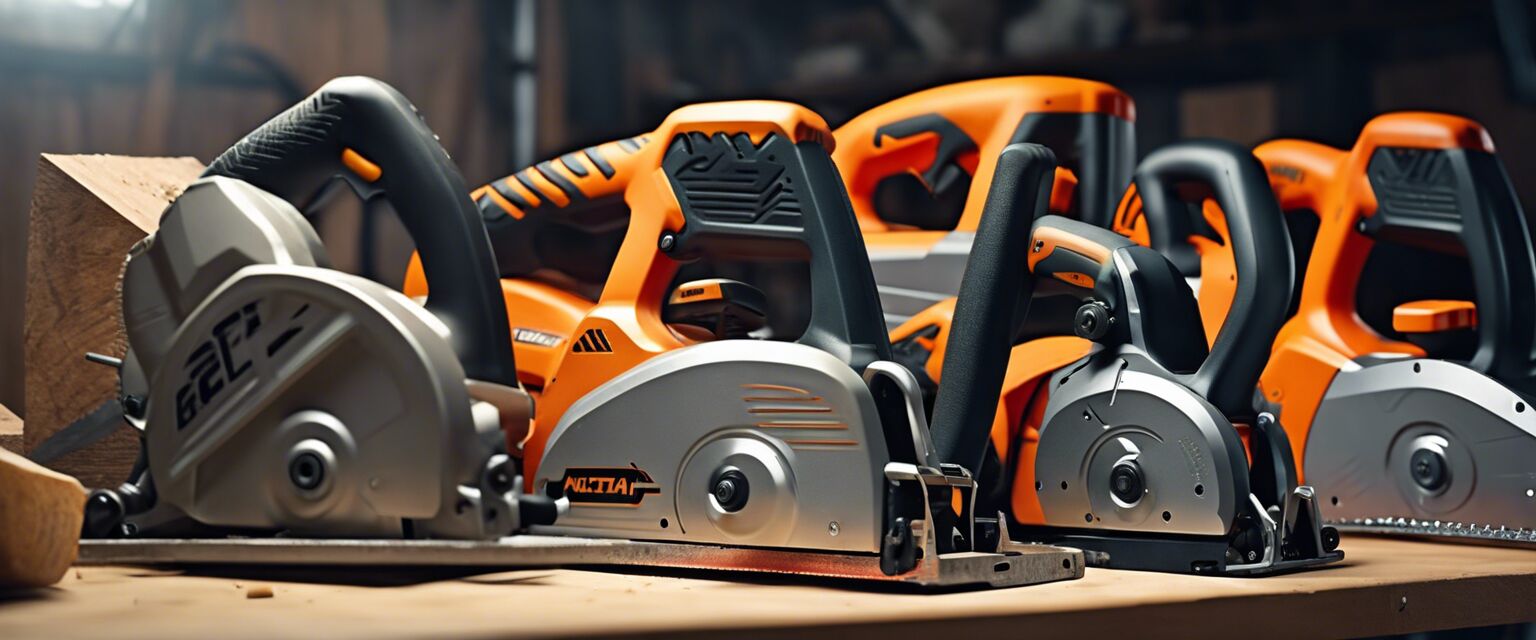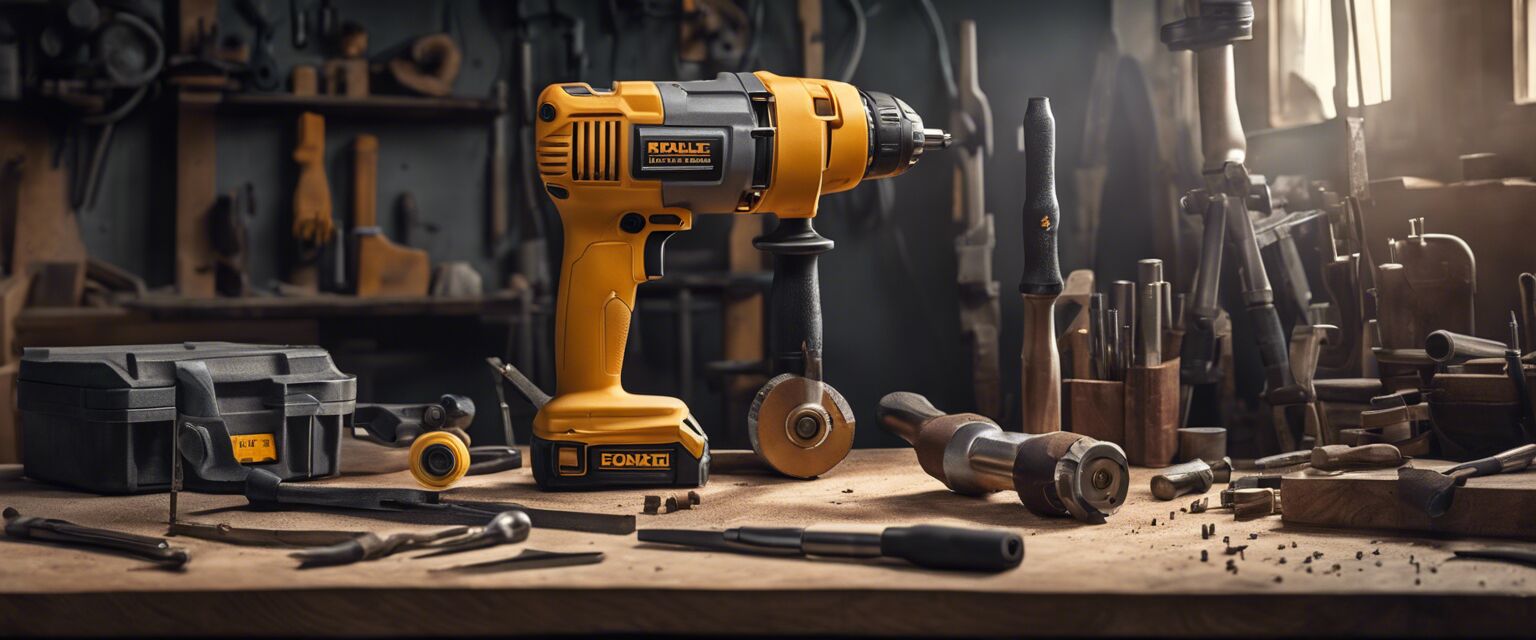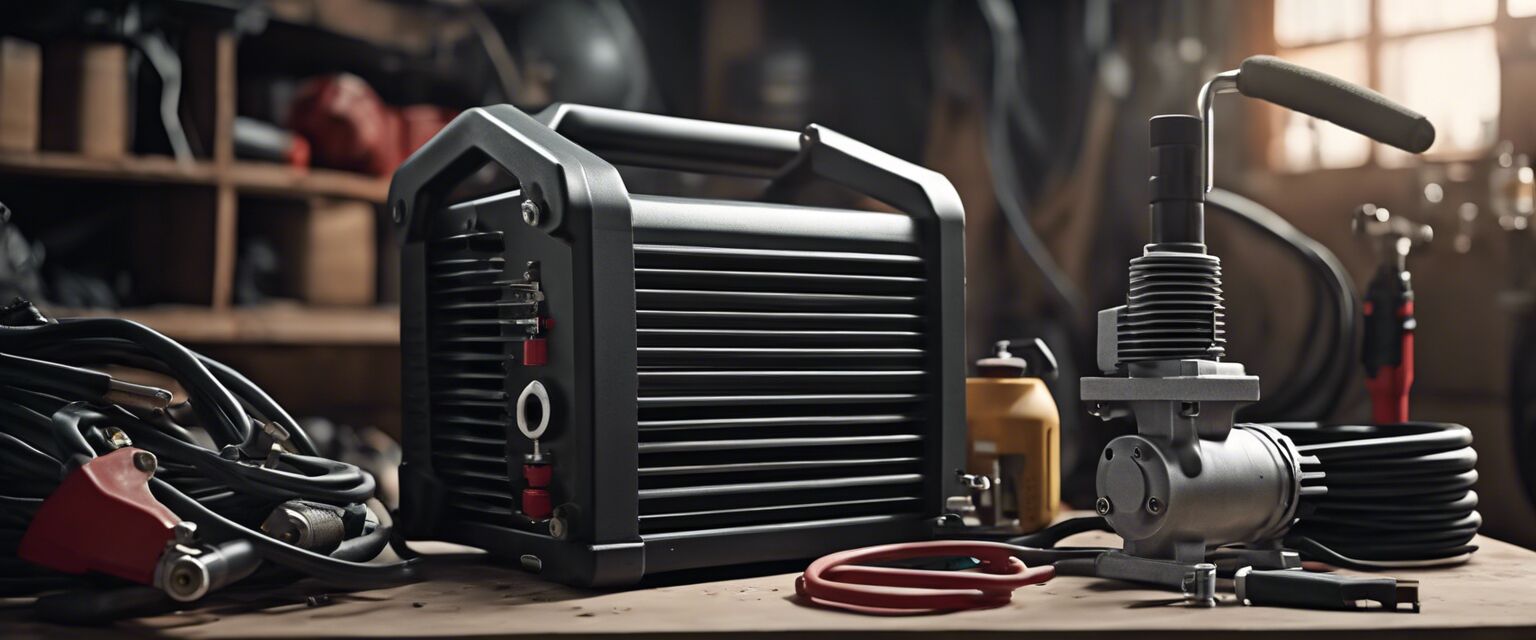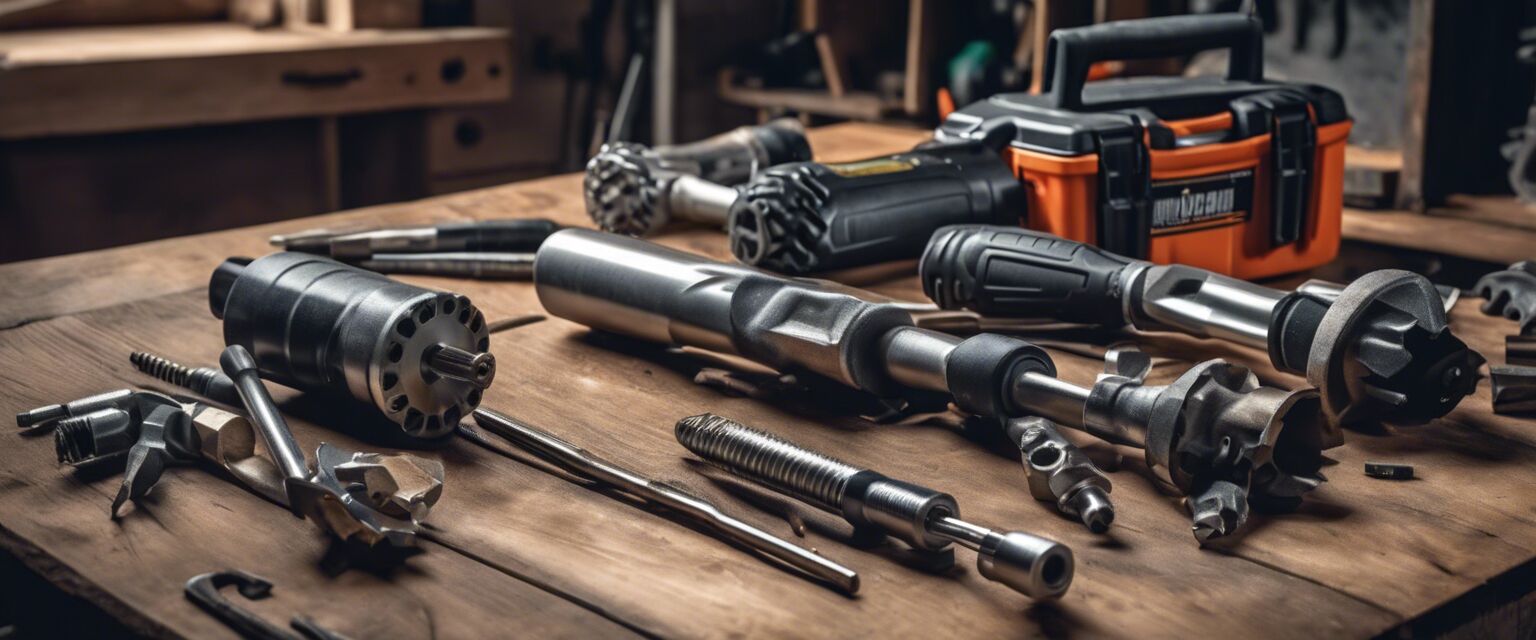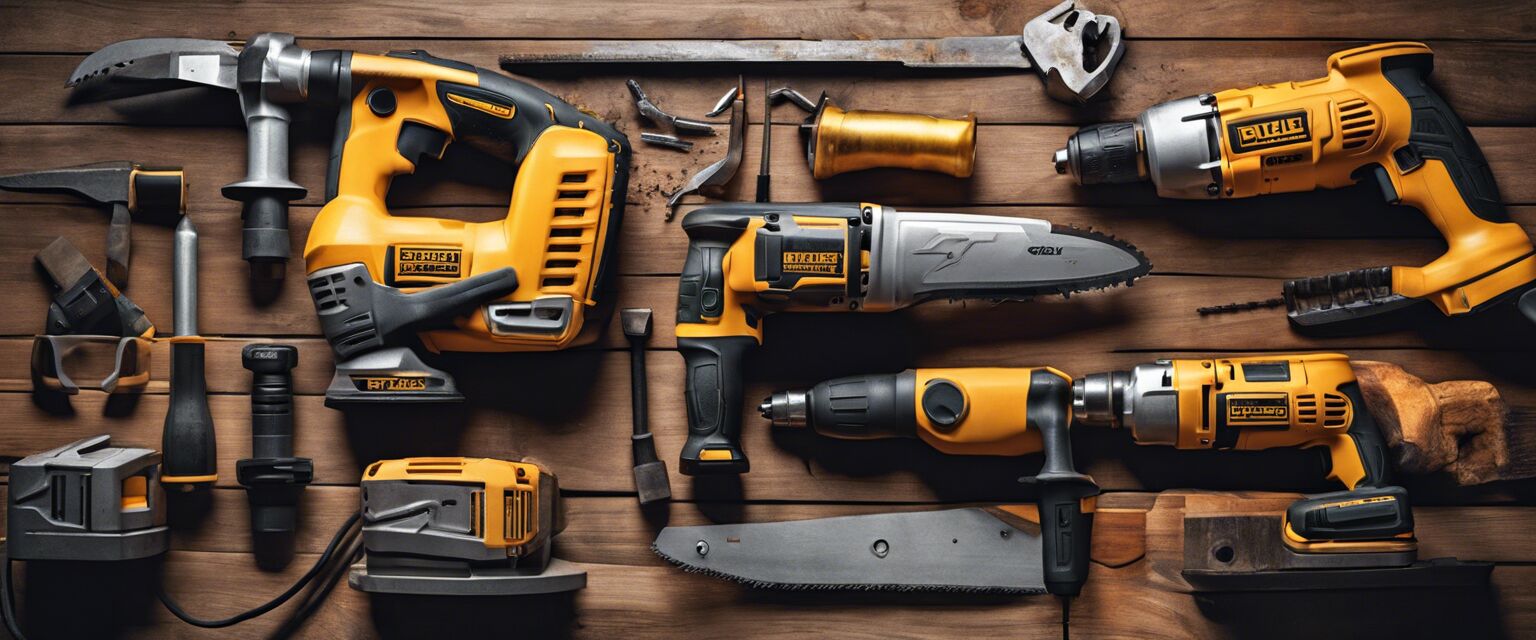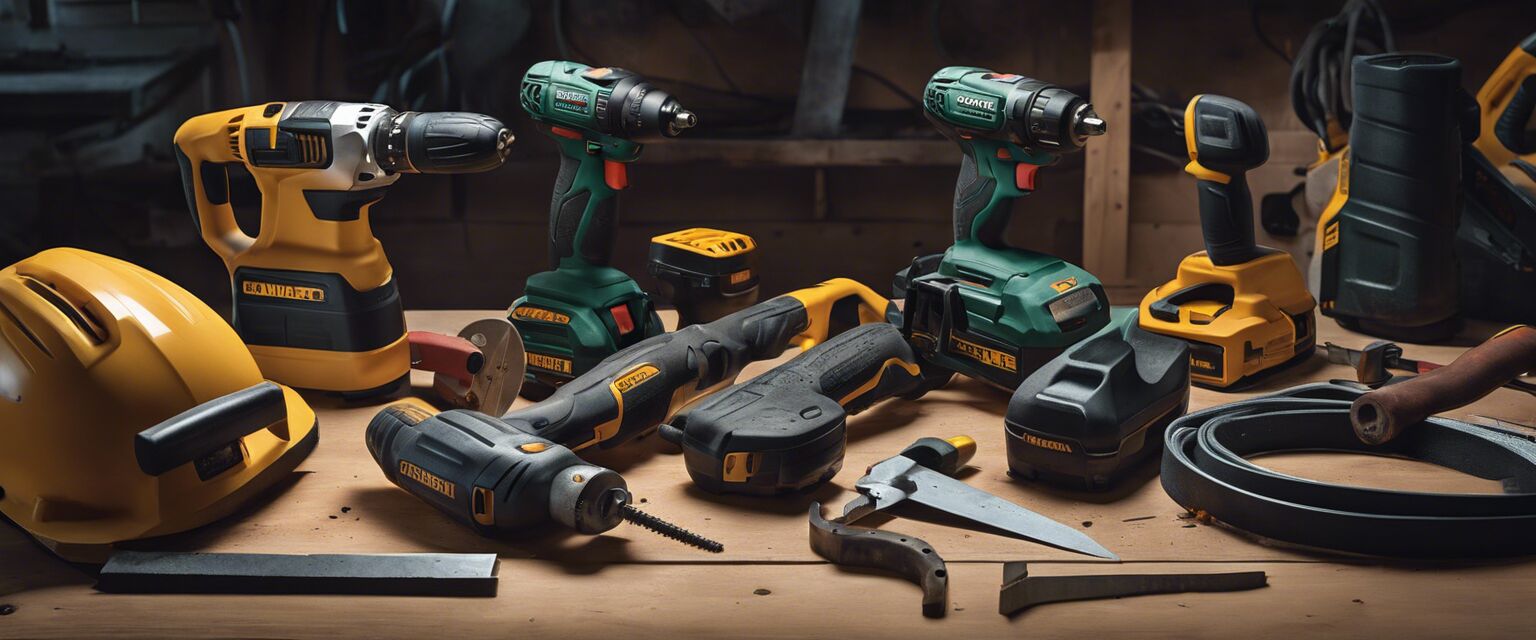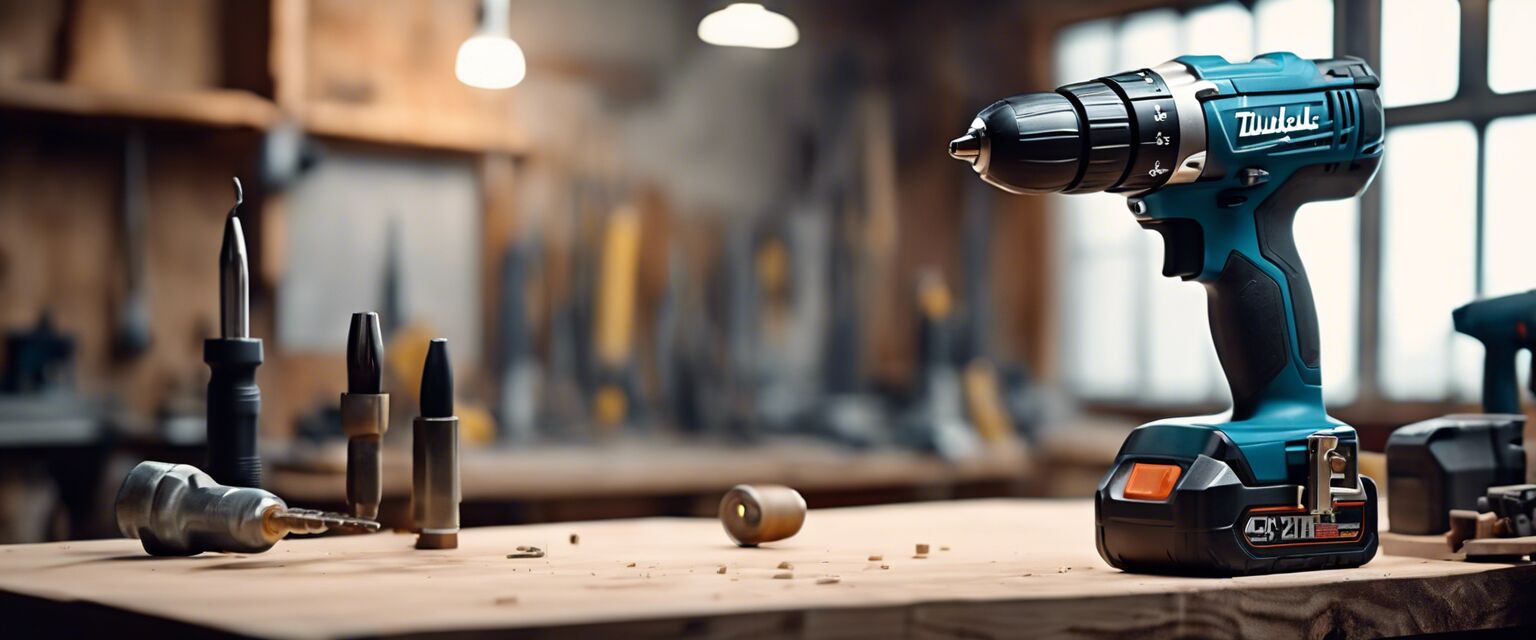
Cordless Drills: A Comprehensive Guide
Cordless drills have revolutionized the way we work, providing convenience, portability, and ease of use. With so many options available in the market, choosing the right one can be overwhelming. In this article, we'll delve into the world of cordless drills, exploring their benefits, types, and key features to consider.
Key Takeaways
- Cordless drills offer greater convenience and portability compared to corded drills.
- Brushless motors provide more efficiency and longer battery life.
- Choose a drill with a high Ah battery for longer runtime.
- Consider the weight, ergonomics, and balance of the drill for comfortable use.
Benefits of Cordless Drills
Cordless drills have several advantages over their corded counterparts. Here are some of the benefits:
- Portability: Cordless drills are lightweight and easy to carry, making them perfect for working in tight spaces or on-the-go.
- Convenience: No more worrying about cords getting in the way or finding a power outlet.
- Increased Safety: Without cords, there's less risk of tripping or electrical shock.
- Flexibility: Cordless drills can be used in a variety of applications, from drilling to driving screws.
Types of Cordless Drills
Cordless drills come in various styles and sizes, each designed for specific tasks and applications. Here are some of the most common types:
| Type | Description | Best For |
|---|---|---|
| Compact Drills | Small, lightweight drills for tight spaces and precision work. | Small projects, DIY tasks |
| Hammer Drills | Heavy-duty drills for drilling into masonry and concrete. | Construction, renovation |
| Right-Angle Drills | Drills with a 90-degree head for drilling in tight spaces. | Plumbing, electrical work |
| High-Torque Drills | Powerful drills for heavy-duty applications. | Heavy construction, industrial use |
Key Features to Consider
When choosing a cordless drill, consider the following key features:
- Motor Type: Brushless motors provide more efficiency and longer battery life.
- Battery: Look for a high Ah battery for longer runtime.
- Weight and Ergonomics: A comfortable, balanced design reduces fatigue.
- Speed: Variable speed control allows for more precision and control.
- Additional Features: LED lights, built-in levels, and adjustable torque settings can be useful.
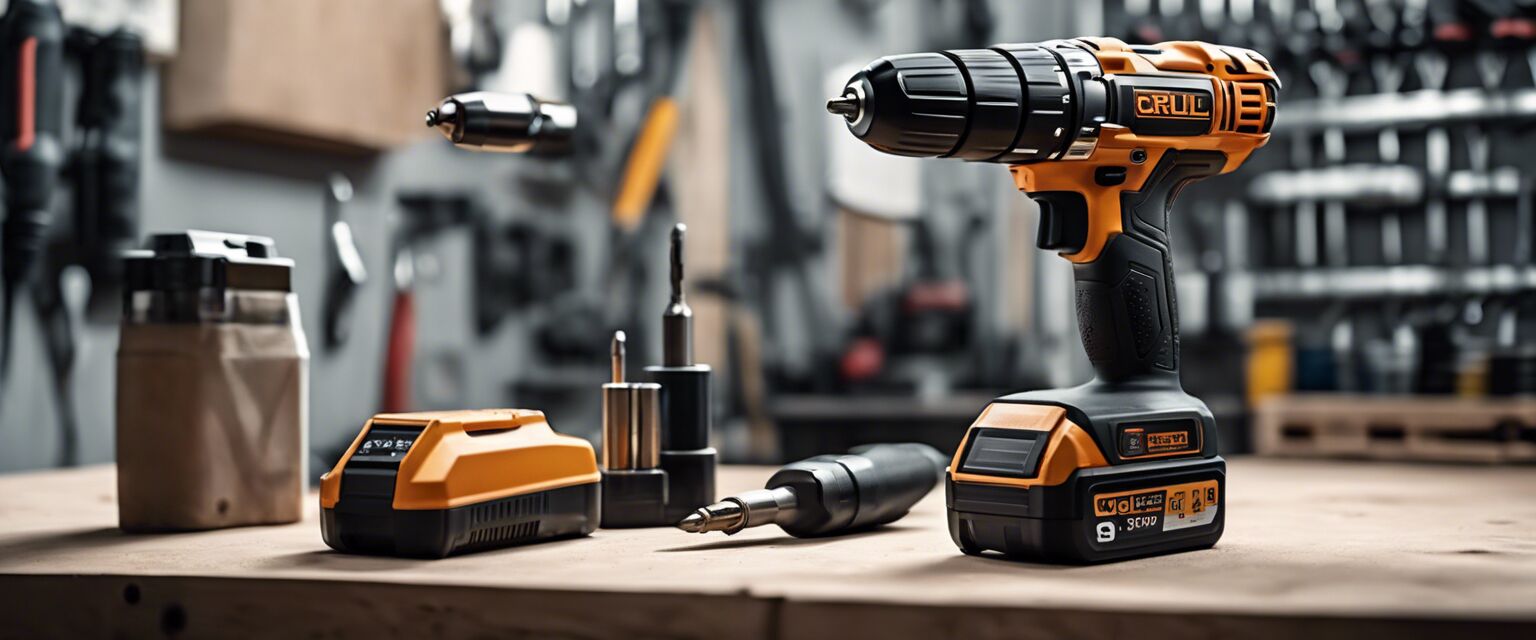
Battery Technology
Advances in battery technology have significantly improved the performance of cordless drills. Here's what you need to know:
Li-ion batteries are the most common type used in cordless drills. They offer a high energy density, long cycle life, and low self-discharge rate.
What to Look for in a Cordless Drill
When selecting a cordless drill, consider the following:
- Power and Performance: Look for a drill with a high wattage motor and high torque rating.
- Battery Life: Choose a drill with a high Ah battery for longer runtime.
- Weight and Ergonomics: A comfortable, balanced design reduces fatigue.
- Additional Features: LED lights, built-in levels, and adjustable torque settings can be useful.
- Brand and Warranty: Consider the reputation of the brand and the length of the warranty.
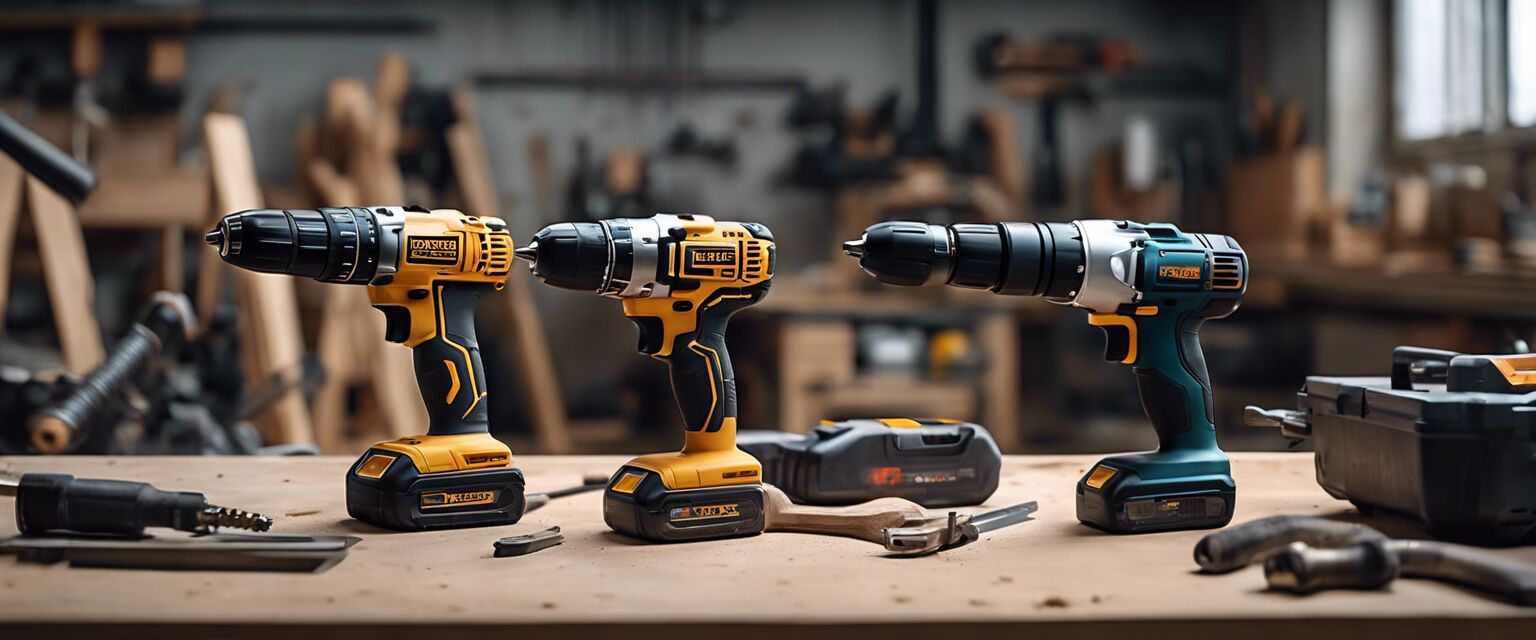
Comparison of Popular Cordless Drills
We've compared some of the most popular cordless drills on the market. Here's a summary:
| Brand | Model | Motor Type | Battery (Ah) | Weight (lbs) | Warranty |
|---|---|---|---|---|---|
| DeWalt | DCD771C2 | Brushless | 20V, 2.0Ah | 3.6 | 3-Year Limited Warranty |
| Milwaukee | 2707-20 | Brushless | 18V, 2.0Ah | 4.1 | 5-Year Limited Warranty |
| Bosch | PS31-2A | Brushless | 12V, 2.0Ah | 2.4 | 2-Year Limited Warranty |
Conclusion
Cordless drills have come a long way, offering convenience, portability, and power. By considering the key features and benefits, you can choose the right drill for your needs. Remember to check out our reviews of cordless power tools and power tool accessories to find the perfect combination for your next project.
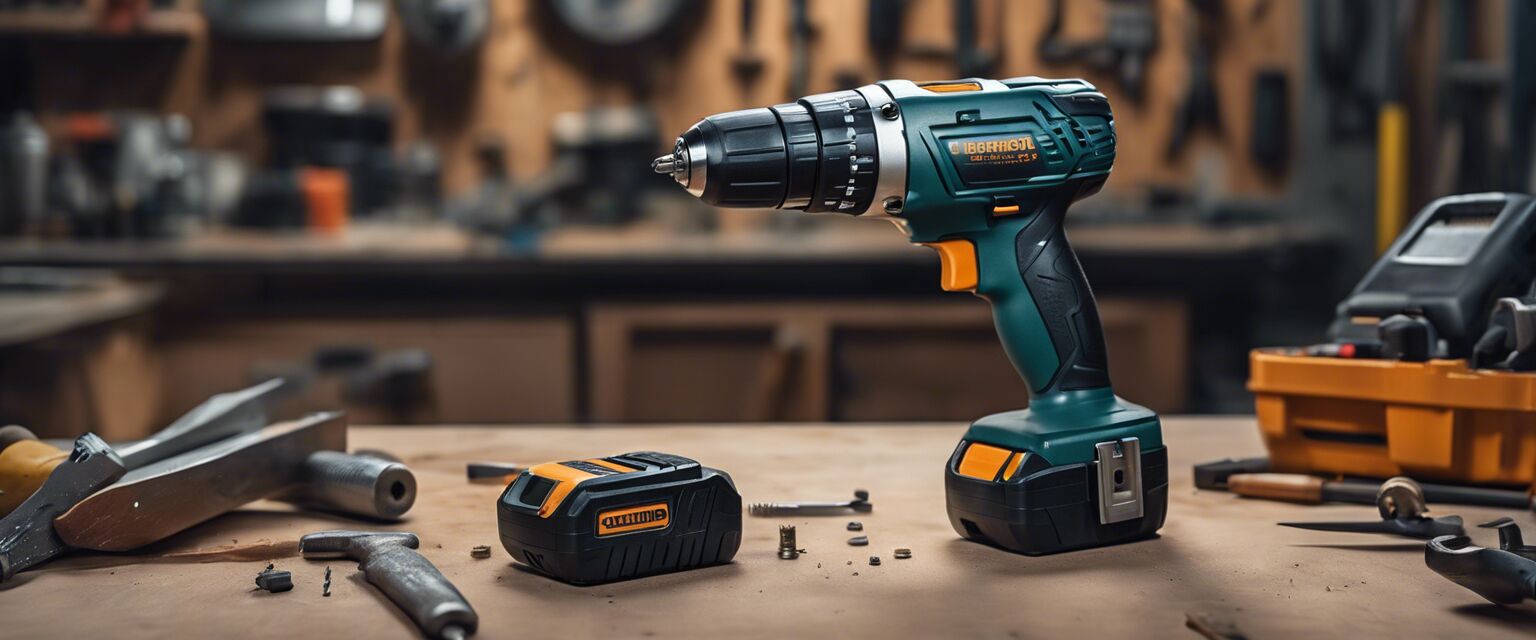
Pros
- Convenience and portability
- Increased safety
- Flexibility in applications
- Improved battery technology
Cons
- Higher cost compared to corded drills
- Battery life limitations
- Weight and ergonomics can be a concern
Beginners Section
New to cordless drills? Here are some tips to get you started:
- Choose a drill with a comfortable grip and balanced design.
- Start with a lower voltage drill (12V or 18V) for smaller projects.
- Invest in a high-quality battery charger for longer battery life.
- Practice drilling on scrap material before working on your project.
